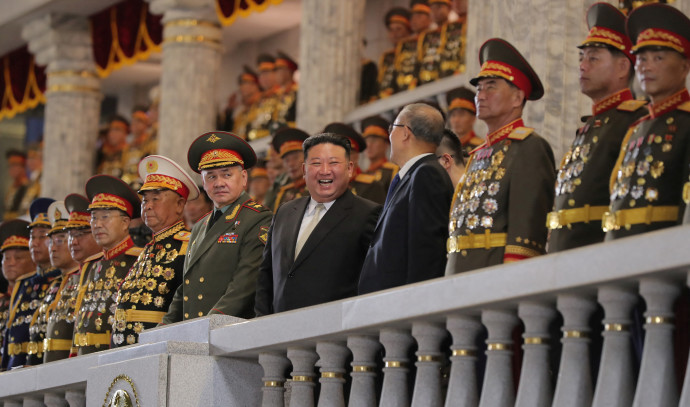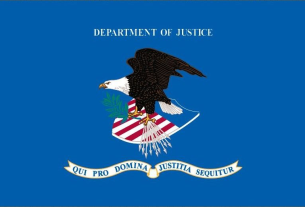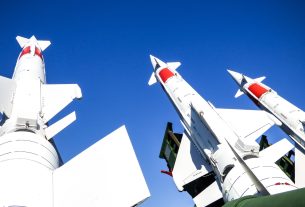Chinese and Russian officials stood shoulder to shoulder with Kim Jong Un as they reviewed North Korea’s latest nuclear-capable missiles and new attack drones at a military parade in Pyongyang, North Korean state media showed on Friday.
The widely anticipated parade in the capital on Thursday night commemorated the 70th anniversary of the end of the Korean War, celebrated in North Korea as “Victory Day.”
Russian Defence Minister Sergei Shoigu’s visit was the first by Moscow’s top defense official since the 1991 break-up of the Soviet Union. China’s visitors were the country’s first such delegation since the COVID-19 pandemic began.
Their appearance at events with the North’s nuclear missiles – banned by the United Nations Security Council with Chinese and Russian support – marked a contrast with previous years, when Beijing and Moscow sought to distance themselves from their neighbor’s nuclear weapons and ballistic missile development.
Kim, Shoigu and Chinese Communist Party Politburo member Li Hongzhong talked, laughed and saluted as North Korean troops marched and weapons rolled below, photos released by North Korean state media showed.
The parade included North Korea’s latest Hwasong-17 and Hwasong-18 intercontinental ballistic missiles, according to KCNA, which are believed to have the range to strike targets anywhere in the United States.
The event also featured a flyover by new attack and spy drones, KCNA reported.
Is Pyongyang supplying Moscow with weapons?
Kim hosted a reception and had a luncheon with Shoigu, where the North Korean leader vowed solidarity with the Russian people and its military. Shoigu praised the North Korean military as the strongest in the world, and the two discussed strategic security and defense cooperation, KCNA said.
At another meeting, Shoigu read a congratulatory speech from Russian President Vladimir Putin who thanked North Korea for its support during the “special military operation” in Ukraine, state media reported.
Washington has accused Pyongyang of providing weapons to Russia for its war effort in Ukraine. State Department deputy spokesperson Vedant Patel said on Thursday the US was “incredibly concerned” about ties between Moscow and Pyongyang.
Pyongyang and Moscow have denied conducting any arms transactions.
The new surveillance drones could be used to survey targets in real time, conduct damage assessment in a war and generally enhance strategic situational awareness, said Ankit Panda of the US-based Carnegie Endowment for International Peace.
In December five North Korean drones crossed into the South, prompting Seoul’s military to scramble fighter jets and helicopters, and increase anti-drone measures at key facilities, including the presidential office.
The new attack drones would have limited use in a war on the Korean Peninsula given their vulnerability to anti-aircraft defenses, but “North Korea may seek to offer these drones to external customers,” Panda said.
The drones were among the weapons displayed at an arms fair toured by Kim and Shoigu this week in Pyongyang, state media photos showed.
UN resolutions against North Korea
In a speech at the parade, Defence Minister General Kang Sun Nam accused the United States and its allies of increasing tensions in the region.
North Korea has been under sanctions for its missile and nuclear programs since 2006. This includes a ban on the development of ballistic missiles.
In recent years Russia and China have opposed US-led efforts to impose further sanctions on North Korea over its continued pursuit of ballistic missiles, arguing existing measures should be eased for humanitarian purposes and to help entice Pyongyang to negotiate.
The Chinese and Russian presence at events with banned ballistic missiles cast doubts on those countries’ willingness to enforce sanctions, said Leif-Eric Easley, professor of international studies at Ewha Womans University in Seoul.
“It doesn’t help when two permanent members of the Security Council openly support a North Korean regime that violates human rights and flouts resolutions banning its nuclear and missile development,” Easley said.
spokesperson Stephane Dujarric said, “All members of Security Council and, frankly, all member states of the , share the same responsibility to uphold Security Council resolutions.”



